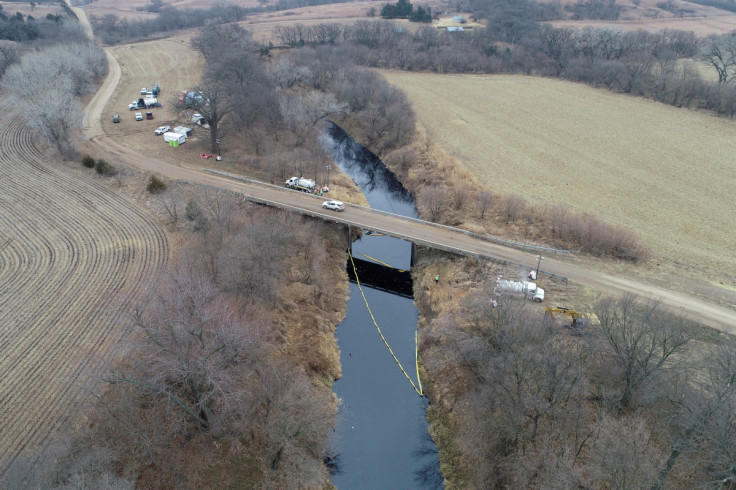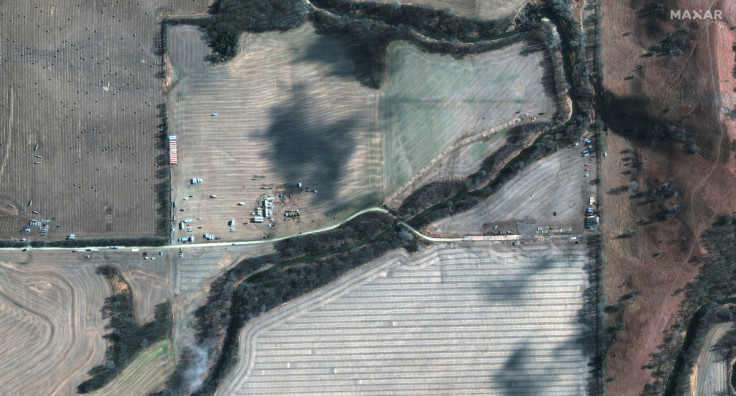Cause Of Keystone Failure Still Unknown - Regulators

One week after Canada's Keystone pipeline spilled more than 14,000 barrels of oil in rural Kansas in the United States, the cause is still unknown, according to regulators.
The 622,000 barrel-per-day pipe has been shut since last Wednesday, when a leak was discovered. Oil sprayed nearby pastures and leaked into Mill Creek before being shut by operator TC Energy.
More than 300 people are involved in the cleanup. The timeline for the full restart of the pipeline remained uncertain, and neither a root cause failure analysis nor a restart plan had been submitted, the U.S. Pipeline and Hazardous Materials Safety Administration (PHMSA) said.
Keystone is a crucial artery shipping Canadian crude to U.S. refineries. Traders have been awaiting news of when it might restart operations. The spill is the largest in nearly a decade and the clean-up operation is expected to take weeks.
The spill occurred in Washington County, Kansas, about 20 miles (32 km) south of a junction in Steele City, Nebraska, where Keystone splits into two. Market players have speculated TC may first restart the leg of the pipeline that delivers to Patoka, Illinois, which did not leak.
"We don't have a confirmation of a timeline and anticipate an update on restart today," TC said in an email.
TC has not notified Washington County of any restart plans, said Randy Hubbard, the county's emergency management coordinator, at 5 p.m. Central time. "I would assume that once they make that decision, they would reach out to us."
Canadian crude prices have been relatively steady since Keystone shut down because of ample spare capacity in Alberta storage hubs, but the discount on Western Canada Select (WCS), the benchmark heavy grade, has started to creep wider as the outage drags on.
WCS for January delivery in Hardisty, Alberta, settled around $29 a barrel below U.S. crude on Tuesday, from a discount of around $27 a barrel before the leak. WCS for December delivery traded at $31.40 a barrel below U.S. crude on Wednesday, according to a Calgary broker. [CRU/CA]
WCS traded at Gulf Coast also firmed to a discount of $10.50 to U.S. crude, from minus $13 on Tuesday.
In the short term, more Canadian oil will go into storage, as alternative transportation options are limited, said Matt Murphy, director of energy research at TPH & Co.
Moving crude by rail requires a long lead time and the Enbridge Inc Mainline system is running at nearly full capacity this month, Murphy added.
The Mainline moves 3.1 million bpd of Canadian crude to refineries in the U.S. Midwest and eastern Canada. Enbridge will ration December deliveries by the most since last winter, according to company data.

© Copyright Thomson Reuters 2025. All rights reserved.





















